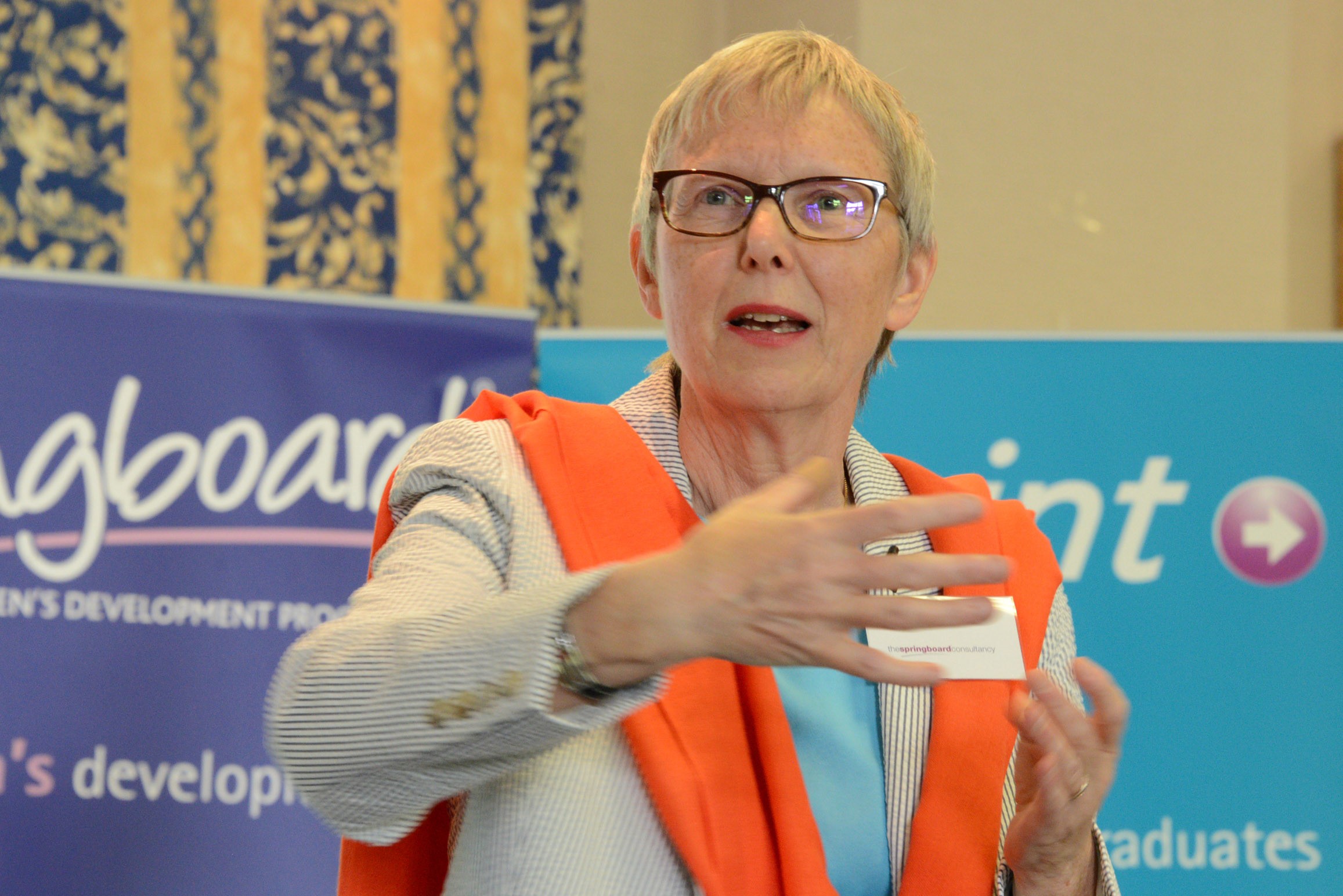Springboard’s Sprint gathers momentum to close the gender pay gap
A programme intended to end the gender pay gap by helping undergraduate women develop to their fullest potential, has now amassed over 2,000 ‘graduates’ since it began in May 2013.
Known as ‘Sprint’ and developed by the Springboard Consultancy (SBC), a UK-based international training company specialising in addressing women's development issues, the programme, the programme is intended for undergraduate women of all ages, from all backgrounds, ages and stages in their lives and study - regardless of subject, department or career aspirations.
According to SBC’s Celia Morrison-Smith, 2,075 undergraduate and 204 post-graduate women have now successfully completed the Sprint programme and, consequently, are now combatting the gender pay gap.
Sprint actively engages women undergraduates in their university studies and careers; aims to improve their employability, boost their self-confidence, self-esteem and personal effectiveness. So far, over 70 per cent of Sprint participants say they are now more assertive – and are better at setting realistic goals and action points, managing their time and working more productively.
The Sprint programme grew from research showing the large pay gap between men and women after graduating from Oxford University, even though they hold the same class degrees in the same subjects. For example, 50 per cent of social science male graduates earn £27,000 or more on leaving, while 70 per cent of females with exactly the same degrees, earn that amount or less.
A similar survey, by the Higher Education Careers Unit, measuring the earnings of 17,000 recent graduates, discovered that 70 per cent of women graduates were earning less than £24,000, compared with 55 per cent of men - even in subject areas where women’s participation was greater than men’s, such as law.
“The pace at which the Sprint programme is growing is both impressive and amazing,” said Liz Willis, SBC’s joint-CEO. “Moreover, Sprint appears to be gathering momentum as more people join the special Sprint trainers’ courses.”
The latest Sprint trainers’ course – taking place, in Devon, from 6th to 11th December - has attracted seven delegates, including Zibah Nwako, of Affirm Consulting, from Nigeria.
For the last four years, Zibah has been helping women to develop confidence as well as their education outside the formal education system in Nigeria through running SBC’s ‘Springboard’ development programme - which enables women to make a better world for themselves at work, home and in their communities. However, this will be Zibah’s first experience of running SBC programmes specifically for undergraduate women.
About Sprint
Sprint is a development programme for undergraduate women. Originally developed in collaboration with the University of Cambridge, and most recently with the University of Oxford, both universities have contributed greatly to the Sprint programme. Sprint is designed for undergraduate women of all ages, from all backgrounds, ages and stages in their lives and study. Regardless of subject, department or career aspirations, Sprint is designed to develop female students to their fullest potential. It has also been developed to help to put an end to the gender pay gap.


